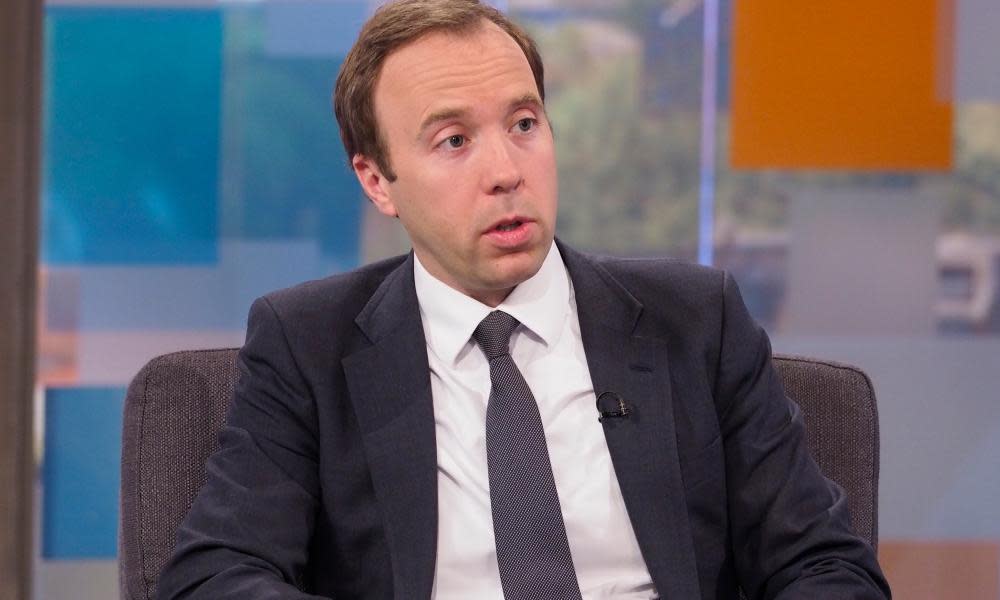Leveson 2: government to be taken to court over cancelled inquiry

Press regulation campaigners have been given the go-ahead to take the government to court over its decision to cancel the second part of the Leveson inquiry into the activities of the media.
The culture secretary, Matt Hancock, announced this year that he would cancel the second part of the public inquiry, established after the 2011 phone hacking scandal, on the basis that the media landscape had changed and justice had been served through the criminal trials of many of those involved.
Campaigners working with the Hacked Off group, including the former Bristol schoolteacher Christopher Jeffries and the parents of the missing child Madeleine McCann, have successfully convinced the high court that the decision should be subject to a judicial review.
The court will consider in October whether Hancock’s decision to cancel the second part of the inquiry, which would have focussed on governance issues at media groups and the relationship between newspapers and the police, was correct.
A parallel legal challenge against the government’s decision not to implement legislation that would have imposed punitive legal costs on publishers who refused to sign up to an officially approved press regulator was rejected on the basis it had no reasonable chance of success.
The judicial review is one of the last hopes for press regulation campaigners who want a new investigation, saying it was promised to victims of phone hacking by David Cameron in 2011.
Sir Brian Leveson, who chaired the original inquiry, was due to appear in front of the digital, culture, media, and sport select committee on Wednesday but the judge cancelled his appearance in order to avoid compromising the judicial review.
It follows the collapse of an attempt by opposition MPs and peers to establish a new Leveson-style inquiry into the activities of the media as part of the data protection bill, currently working its way through parliament.
MPs came within five votes of approving such a measure, as the bill bounced between both houses of parliament. But on Monday the House of Lords decided not to attempt to force a third Commons vote, accepting that they could not continue to overturn the decisions of the democratically elected chamber.
A spokesperson for the Department for Digital, Culture, Media and Sport defended the decision: “The government’s decision to end part two was proportionate, appropriate and in the public interest and made following thorough, open, public consultation.”
Tom Watson, the Labour deputy leader, said: “This judicial review is a chance for the courts to do what the House of Commons has failed to – deliver on the cross party promise of a Leveson inquiry in two parts.
“The questions posed by Leveson 2 have never been answered because of the many lawsuits that have ended in settlements rather than verdicts. The tabloid papers could not settle their way out of a public inquiry.”

 Yahoo News
Yahoo News 
